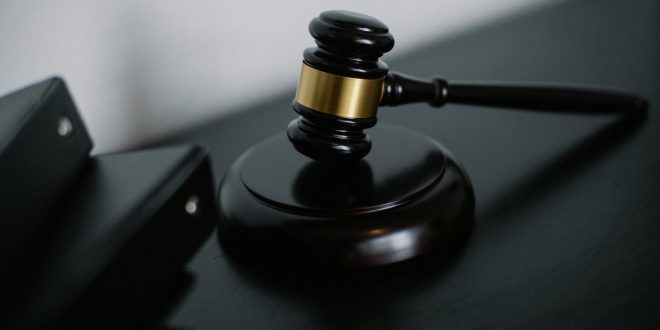Navigating the labyrinth of legal representation can be daunting. Whether you’re dealing with a contentious divorce, a complex business dispute, or seeking a Personal Injury Lawyer after an accident, the stakes are high. The right attorney can mean the difference between triumph and disaster. But how do you sift through the sea of suits to find the one who will champion your cause with precision and passion?
Understanding Your Legal Needs
Not all lawyers are created equal. The legal field is a mosaic of specializations, each requiring distinct expertise. A corporate attorney won’t be the best fit for a criminal defense case, just as a family lawyer may flounder in intellectual property disputes. Pinpointing the exact nature of your legal issue is the first step. Is it litigation-heavy? Does it require niche knowledge, like maritime law or medical malpractice? Clarity here narrows the field dramatically.
Experience Matters—But Depth Trumps Breadth
A lawyer with decades in practice may seem like the obvious choice, but longevity alone doesn’t guarantee mastery. Look for someone whose experience aligns tightly with your specific needs. A Personal Injury Lawyer who has handled hundreds of slip-and-fall cases will be far more effective than a general practitioner dabbling in personal injury. Scrutinize their case history. Have they tackled cases similar to yours? What were the outcomes? Depth of experience in your particular legal arena is non-negotiable.
Reputation: The Unseen Currency
In the legal world, reputation is everything. A lawyer’s standing among peers, judges, and past clients speaks volumes. Seek out testimonials, but go deeper. Online reviews can be manipulated; instead, ask for references or consult local bar associations. A lawyer with a sterling reputation will often have a trail of satisfied clients and respect from adversaries. Conversely, a string of disciplinary actions or malpractice claims should send you running.
Communication: The Make-or-Break Factor
Legal jargon can be alienating. A skilled attorney doesn’t just know the law—they can translate it into plain language. From the first consultation, gauge their ability to explain complex concepts clearly. Do they listen more than they talk? Are they responsive, or do emails go unanswered for days? A lawyer who communicates poorly can leave you in the dark, compounding stress in an already fraught situation.
Fees: Transparency Over Surprises
Legal fees can spiral if not carefully managed. Some lawyers bill by the hour; others work on contingency, especially in fields like personal injury. Understand the payment structure upfront. Hidden costs or vague billing practices are red flags. A reputable attorney will provide a clear fee agreement, outlining what’s covered and what might incur additional charges. Don’t let cost alone dictate your choice—cheap legal help can be the most expensive mistake you’ll ever make.
Chemistry: Trust Your Gut
Beyond credentials and accolades, there’s an intangible element: chemistry. Do you feel heard? Does the lawyer inspire confidence, or do they seem disinterested? Legal battles are grueling; you need someone who will fight tirelessly on your behalf. If something feels off during the initial meeting, it’s unlikely to improve. Trust your instincts—they’re often sharper than any review.
The Local Advantage
Laws vary by jurisdiction, and local knowledge can be a game-changer. A lawyer entrenched in the local legal community will understand the nuances of regional courts, judges, and opposing counsel. They’ll know which arguments resonate and which tactics fall flat. For a Personal Injury Lawyer, familiarity with local insurance practices and jury tendencies can dramatically influence the outcome.
Availability: Are You a Priority?
High-profile attorneys often juggle countless cases. If yours is a minor file in a packed docket, you may find yourself sidelined. Ask pointed questions about their current caseload. Will they personally handle your case, or will it be delegated to a junior associate? Ensure your matter gets the attention it deserves.
The Interview: Asking the Right Questions
A consultation isn’t just for the lawyer to assess your case—it’s your chance to vet them. Come prepared. Ask about their strategy, potential pitfalls, and realistic timelines. How do they handle setbacks? What’s their track record at trial versus settlements? Their answers will reveal their competence and commitment.
Choosing the right lawyer demands diligence, but the payoff is immeasurable. The legal system is a battlefield—arm yourself with the best warrior for your fight.





